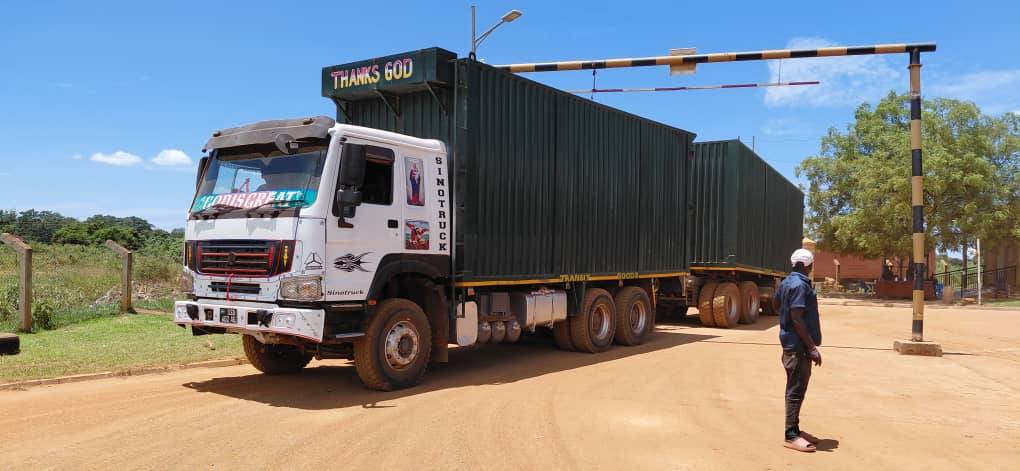
South Sudanese authorities have intercepted and re-exported three trucks of maize flour after tests revealed dangerous levels of aflatoxin contamination.
The South Sudan National Bureau of Standards (SSNBS) confirmed on Friday that the consignments, seized at the Nimule border crossing, were declared unfit for human consumption following laboratory analysis.
“Protecting public health is our top priority, and products that fail to meet national standards will not be allowed into our markets,” the Bureau said in a statement.
Aflatoxin, a naturally occurring toxin produced by mold in staple crops like maize and groundnuts, is a major food safety concern across East Africa.
Long-term exposure can lead to liver disease and cancer.
The SSNBS noted that the rejected consignments have been sent back to their country of origin in line with international trade practices, stressing that inspections at entry points remain critical in shielding South Sudanese consumers from unsafe imports.
Trade experts say the move also reinforces the country’s commitment to raising quality control standards and ensuring only safe, certified products are circulated in local markets.
This marks the fourth time in a single month that toxic food consignments have been intercepted and re-exported at the Nimule border.

